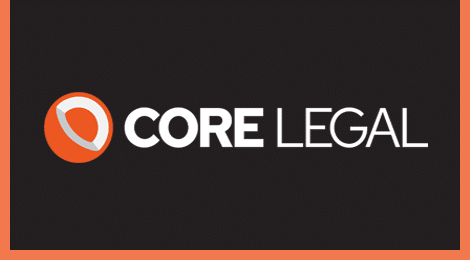The Seventh Edition Deed of Lease, released by the Law Association (formerly ADLS), introduces significant updates to commercial leasing agreements in New Zealand. These changes aim to clarify obligations, modernize terms, and reflect best practices in commercial property leasing. If you’re a landlord or tenant, understanding these updates is crucial before entering into a lease agreement.
Key Changes in the Seventh Edition Deed of Lease
1. Renewals
The standard renewal notice period is now set at three calendar months before the lease term ends. However, this timeframe can be adjusted based on the lease agreement.
2. Premises and Carpark Description
A new requirement ensures that any relevant property plans are attached to the lease (Eighth Schedule), aligning with industry best practices.
3. Rent Reviews
New options have been introduced for rent adjustments, including:
- Fixed rent adjustment dates for consistent increases.
- Hard and soft rent ratchets, which determine whether rent can decrease below its initial or current term rate.
- Interim rent calculation options, allowing for either the current rent or valuation-based rent during review disputes.
4. Outgoings
Tenants are now explicitly responsible for fire and emergency levies, service maintenance contracts, and body corporate administration fees.
Landlords must also provide a detailed outgoings budget and supporting documentation upon request.
5. Insurance Responsibilities
The tenant’s share of the insurance excess is now specified in the First Schedule, with a default maximum set at $5,000.
6. Tenant’s Maintenance and “Make Good” Obligations
- Tenants must return the premises in the same condition as at lease commencement, excluding fair wear and tear.
- Alterations and additions must be removed at the tenant’s expense, or ownership reverts to the landlord.
- The landlord can recover reinstatement costs incurred within six months after lease termination.
7. No Access in an Emergency & Rent Abatement
- Landlords and tenants can agree on a “fair proportion” of rent abatement in emergencies.
- If no agreement is reached, the default abatement is 50% of rent and outgoings.
8. Security Provisions
New security options for landlords include:
- Bank Guarantee: Default amount is three months’ rent plus GST.
- Rental Bond: Also set at three months’ rent plus GST.
- Personal Guarantee: Remains an option, with minimal changes.
These provisions also apply when granting a new lease or approving a sublease/assignment.
9. Mortgagee Consent
The lease now includes an option to specify whether mortgagee consent is required to record the tenant’s lease interest.
10. Seismic Ratings Disclosure
- Landlords must disclose the NBS (seismic) rating of the property.
- Any new seismic assessments significantly differing from the recorded rating must be shared.
- These provisions apply only if both parties opt-in.
11. Health & Safety Compliance
The lease now explicitly requires compliance with the Health and Safety at Work Act 2015, ensuring both landlords and tenants uphold workplace safety obligations.
12. Landlord’s Consent for Alterations
- Non-structural changes require landlord consent, which cannot be unreasonably withheld if detailed plans are provided.
- If a tenant’s alterations trigger wider building upgrades, the landlord may refuse consent unless the tenant covers the additional upgrade costs.
Why These Changes Matter
The Seventh Edition Deed of Lease introduces clearer obligations, greater transparency, and updated legal protections for both landlords and tenants. These revisions help prevent disputes and align with modern leasing practices.
If you’re entering a commercial lease, seeking legal advice ensures you fully understand your rights, responsibilities, and potential risks.
For expert guidance, contact Core Legal in Masterton and Wellington today. Our property law specialists can help you navigate lease agreements with confidence.


